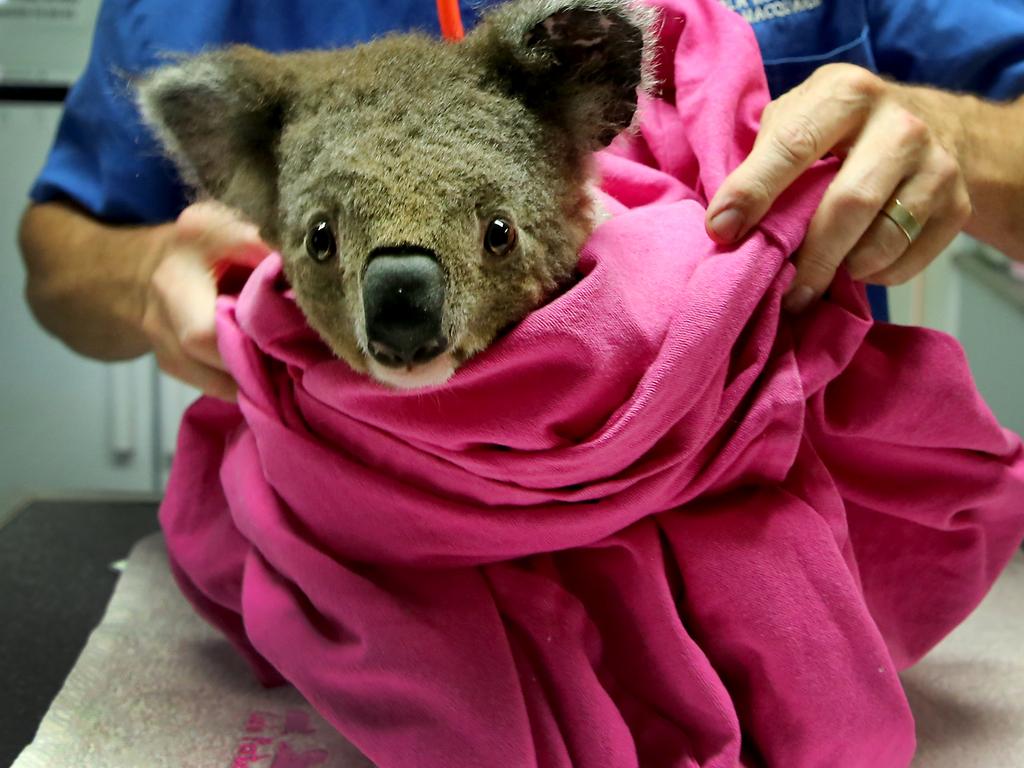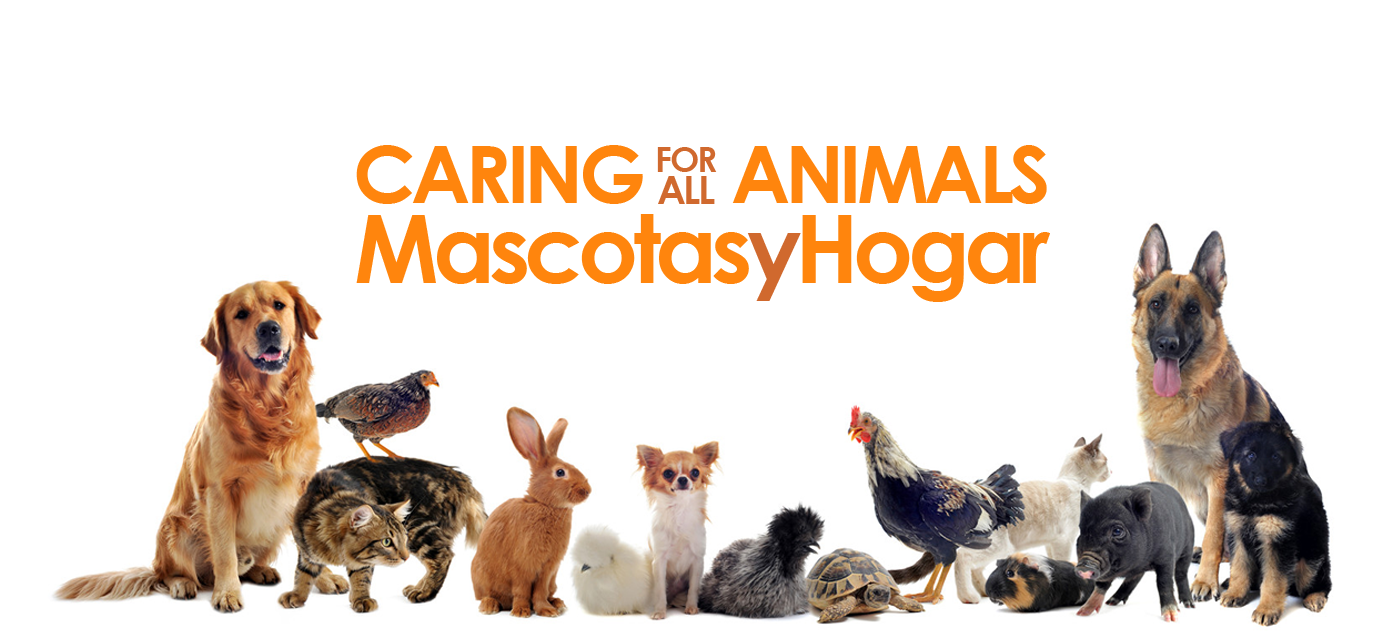
In the midst of an ongoing bushfire crisis in Australia, one group is working tirelessly to save one of the country’s most iconic animals – the koala. Port Macquarie Koala Hospital has been rescuing and rehabilitating koalas since 2016, and with over 1,000 koalas injured in the recent fires, they are needed now more than ever. This article tells the story of the hospital and the dedicated people who work there.
The current state of koalas in Port Macquarie
It is estimated that there are only around 35,000 koalas left in the wild. This is a drastic decline from historical numbers, and the species is now considered to be “functionally extinct”. However, there is some hope for koalas in the form of a breeding and rehabilitation program in Port Macquarie, Australia.
This program, which began in 2012, has successfully bred and released over 100 koalas back into the wild. In addition to breeding and releasing koalas, the program also provides education to the public about how to live peacefully with these animals.
The success of the Port Macquarie program provides hope that koalas can be saved from extinction. However, there is still much work to be done in order to ensure the long-term survival of this species.
The efforts being made to save them
Port Macquarie is on the front line of the fight to save koalas from extinction. The area is home to one of the largest populations of koalas in the world, and the efforts being made to protect them are helping to ensure that this iconic species will continue to thrive.
The Port Macquarie Koala Hospital is at the forefront of koala conservation, and their work has been instrumental in rescuing and rehabilitating sick and injured koalas. The hospital has also been working to create a wild koala breeding program, which will help to boost the population of these animals.
In addition to the work being done by the Koala Hospital, there are also a number of other organisations in Port Macquarie that are working to save these animals. The Port Macquarie Koala Preservation Society is one such organisation, and they are involved in a number of initiatives including planting trees and providing education about koala conservation.
Given their diet consists of specific Eucalyptus leaves, Dentists are now treating Periodontal disease in free-ranging koalas
The efforts being made by the people of Port Macquarie are helping to ensure that koalas will be around for generations to come.
How you can help
If you’re looking to help koalas, there are a few things you can do:
-Educate yourself and others about the issues they face
-Make sure your home is koala friendly – avoid using pesticides and herbicides, and provide food and water sources
-Support organisations working to protect koalas and their habitat
What the future holds for koalas in Port Macquarie
It’s hard to imagine a world without koalas. For generations, these furry marsupials have been an iconic part of Australian wildlife. But unfortunately, they are now facing extinction.
The good news is that in Port Macquarie, efforts are being made to save the koala population. The city has been working hard to create a safe environment for koalas, and as a result, the population is slowly but surely starting to rebound.
There are still many challenges that need to be faced in order to ensure the future of koalas in Port Macquarie. But with the dedication of local officials and residents, there is hope that these beloved animals will be around for many generations to come.
Conclusion
Port Macquarie is on the forefront of koala conservation, and their efforts are paying off. The population of koalas in the area has increased by 25% in the last 5 years, and it shows no signs of slowing down. This is thanks to the introduction of new initiatives like the Koala Hospital, which provides medical care for sick and injured koalas, as well as the Koala Sanctuary, which gives them a safe place to live and breed. With continued support, Port Macquarie will be able to save these adorable creatures from extinction.

